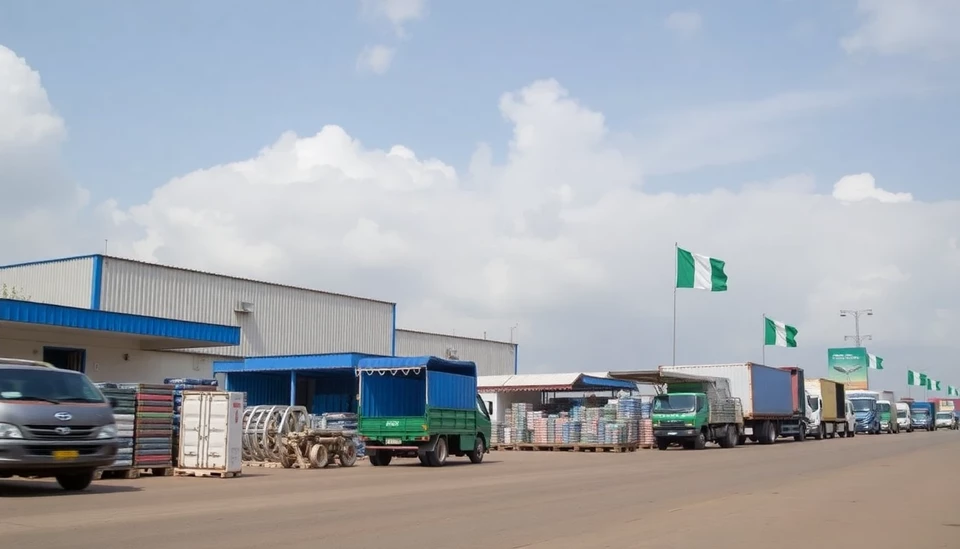
Nigeria has witnessed a sudden shift in its inflation landscape, as the inflation rate surged for the first time in three months, signaling a reversal of the downward trend that had provided some relief to consumers and policymakers alike. According to the latest reports released by the National Bureau of Statistics (NBS), the Consumer Price Index (CPI), which measures the average change over time in the prices paid by consumers for goods and services, climbed to 19.6% in September 2024.
This spike in inflation represents an increase from 19.55% in August, marking a concerning rebound that analysts had hoped to avoid. The rise has been attributed to a combination of factors including escalating food prices, increased fuel costs, and ongoing foreign exchange fluctuations that continue to unsettle the economic environment in Africa's largest economy.
Experts note that the inflationary pressures can largely be linked to recent instability in the agricultural sector, characterized by adverse weather conditions and disruptions caused by logistical challenges. Furthermore, the depreciation of the Nigerian naira against major currencies has exacerbated the costs of imported goods, contributing to the inflation uptick.
In a year where the Nigerian government has worked tirelessly to implement measures aimed at stabilizing prices and alleviating economic hardships, this latest inflation increase highlights the challenges still faced by policymakers. Initiatives such as adjusting the monetary policy rate and strategizing approaches for improved agricultural productivity are part of the ongoing efforts to bring inflation under control.
However, the recent data is bound to prompt renewed discussions among economists regarding the effectiveness of these measures. Some analysts have started forecasting potential scenarios that may unfold due to the unexpected rise in inflation, including the possibility of tightening monetary policy, which could further affect borrowing costs and economic growth in the region.
Consumers are feeling the impact of this inflation surge, particularly in the food sector. Basic staples such as rice, maize, and tubers have seen significant price hikes, which has led to increased concerns over food security, especially in rural areas where households rely heavily on local agricultural production.
This heightened inflationary environment persists amid broader global economic uncertainties, including shifts in energy prices and ongoing geopolitical tensions that could further strain Nigeria’s economy. As the government prepares to address these challenges head-on, the realities on the ground show that the fight against inflation is far from over.
#Nigeria #Inflation #Economy #ConsumerPrices #NBS #FoodPrices #AgriculturalSector
Author: Laura Mitchell




